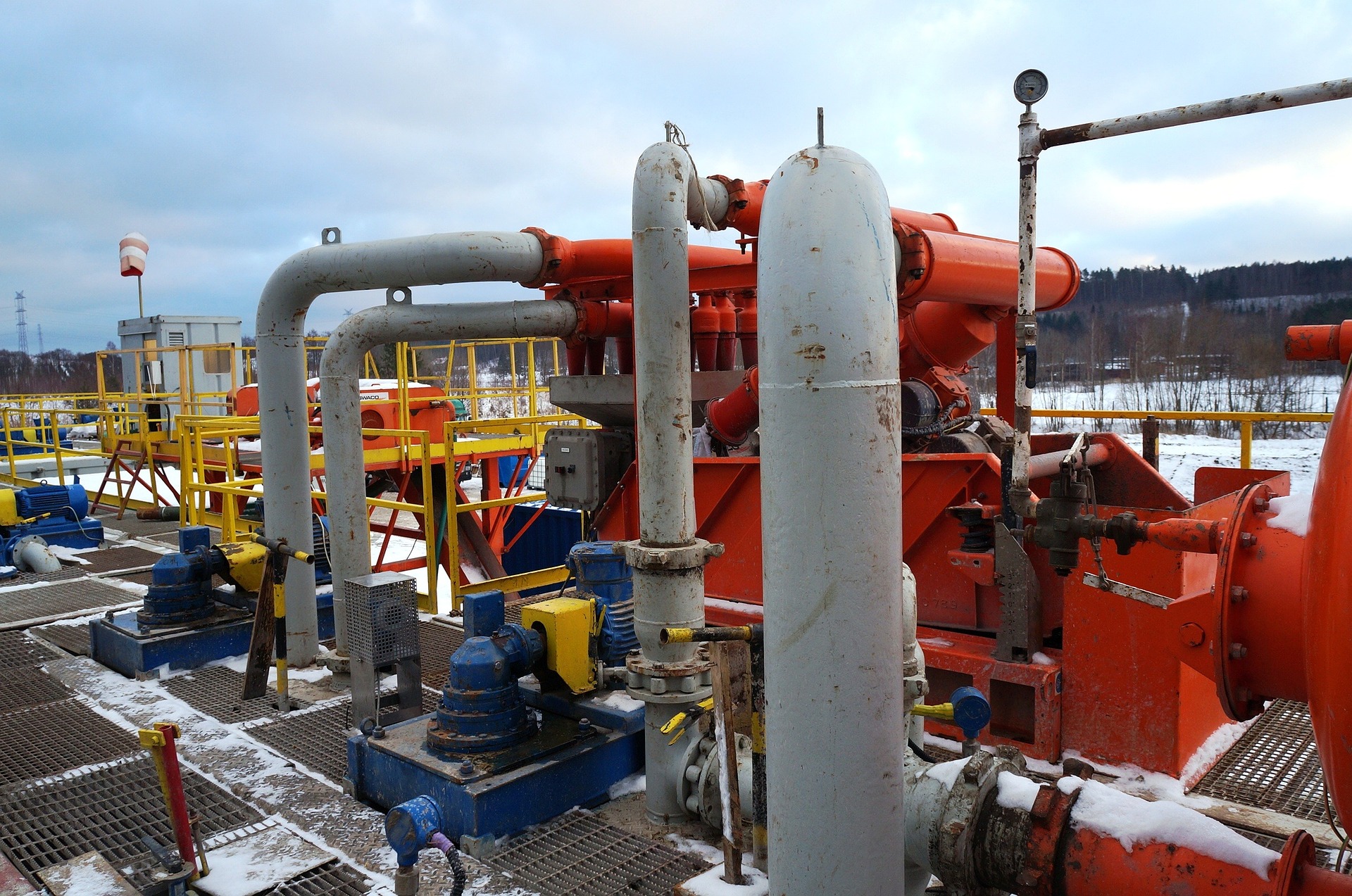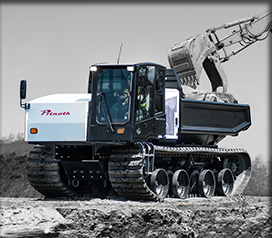A comprehensive overview to Superior Oilfield Rentals Texas and what it offers
Wiki Article
A Comprehensive Overview to the Numerous Sorts Of Oil Field Equipment and Pipeline Equipment Available
The oil and gas sector counts heavily on customized tools for efficient extraction and transport. Different kinds of equipment, from piercing rigs to storage tanks, play important functions in this intricate procedure. Each tool serves unique features that contribute to general operational success. Recognizing these parts is necessary for anyone entailed in the industry. As the market advances, so also do the modern technologies that sustain it. What advancements are on the perspective?
Drilling Rigs: The Backbone of Oil Exploration
Drilling rigs act as the vital machinery in the domain name of oil exploration, allowing companies to gain access to hydrocarbon reserves buried deep below the Earth's surface area. These rigs are available in various kinds, including land rigs, offshore rigs, and mobile units, each made to operate in certain environments. Geared up with sophisticated innovation, piercing rigs can permeate geological developments with accuracy, making certain effective source extraction. The structural integrity and operational abilities of these rigs are critical, as they need to withstand extreme conditions and considerable stress. The option of a boring rig impacts the general task expense and timeline, making it an important factor to consider for oil companies seeking to enhance their expedition initiatives and maximize productivity in their operations.Pumps: Vital for Liquid Motion
In the oil removal process, the function of pumps is considerable, assisting in the activity of liquids throughout different stages of production. Pumps are essential for transferring petroleum, water, and other liquids from underground reservoirs to the surface area and afterwards through pipes to refineries. They can be found in numerous kinds, consisting of centrifugal, favorable variation, and submersible pumps, each serving certain purposes based on the fluid qualities and operational requirements. Centrifugal pumps are typically made use of for their efficiency in high-flow applications, while positive variation pumps master dealing with viscous liquids. The option of pump effects general efficiency, functional security, and maintenance prices. Appropriate option and maintenance of pumps are vital for maximizing production and decreasing downtime in oil field operations.Valves: Managing Circulation and Pressure

Valves play an important duty in handling the circulation and pressure of fluids within oil areas and pipelines. Different kinds of shutoffs offer unique applications, each designed to satisfy particular functions essential for effective operation - Superior rentals squeeze tools. Comprehending the qualities and uses these shutoffs is vital for maximizing system efficiency and safety
Types of Valves
Crucial elements in oil area operations, shutoffs play a vital function in regulating the flow and pressure of fluids within pipelines and tools. Numerous kinds of valves are made use of to satisfy the diverse needs of oil and gas manufacturing. Common kinds consist of gateway valves, which give a straight-line circulation and very little pressure drop; world shutoffs, recognized for their strangling capacities; and sphere shutoffs, recognized for their quick on/off control. Furthermore, check valves prevent heartburn, while butterfly shutoffs supply a lightweight remedy for managing flow. Each shutoff type is created with specific materials and configurations to stand up to the severe conditions often located in oil areas, ensuring integrity and effectiveness in operations. Understanding these types is crucial for effective system monitoring.Valve Applications and Features
While various kinds of valves offer unique functions, their primary applications revolve around regulating flow and pressure within oil and gas systems. Shutoffs such as gateway, globe, and round valves manage fluid activity, guaranteeing peak efficiency and security. Gateway valves are generally used for on/off control, offering minimal flow resistance. World valves, on the various other hand, offer specific flow guideline, making them suitable for strangling applications. Sphere shutoffs are preferred for their quick procedure and limited sealing capacities. On top of that, stress safety valve are essential for protecting against system overpressure, guarding equipment integrity. Overall, the suitable choice and application of shutoffs enhance operational efficiency, making sure the trusted transport of oil and gas through pipes and handling centers.Compressors: Enhancing Gas Transport
Compressors play a vital function in the efficient transportation of gas, making certain that it relocates smoothly through pipelines over lengthy ranges. These devices raise the pressure of gas, allowing it to conquer friction and elevation changes within the pipeline system. Furthermore, compressors help with the balancing of supply and need, accommodating fluctuations in intake and production rates. Various sorts of compressors are used in the industry, including centrifugal, reciprocating, and rotary screw compressors, each offering unique advantages based upon the operational requirements. Routine maintenance of these compressors is important to make the most of efficiency and reduce downtime, eventually adding to a reputable gas transportation network. Their crucial feature underscores the value of compressors in the overall oil and gas infrastructure.Storage Tanks: Safe and Effective Fluid Monitoring
Reliable crawler excavator for sale transportation of gas relies upon various support group, among which is the appropriate monitoring of storage containers. These tanks play a crucial role in securely consisting of liquids, making certain that functional performance is kept while minimizing environmental threats. Created from durable materials, they are designed to stand up to high pressures and harsh elements. Appropriately sized and strategically situated, tank assist in the smooth circulation of gas and various other fluids, stopping traffic jams in supply chains. Routine maintenance and tracking are crucial to find leaks or structural issues, promoting safety and security and compliance with governing standards. Eventually, the reliable management of storage space containers is important for the overall integrity and reliability of the oil and gas market's fluid handling systems.
Pipeline Systems: Framework for Transport
Pipeline systems function as the foundation of the oil and gas market, promoting the reliable transport of hydrocarbons over vast distances. These systems include different parts, consisting of pipelines, valves, pumps, and compressors, all diligently developed to assure seamless circulation. The products utilized in pipeline building and construction, frequently steel or high-density polyethylene, are selected for toughness and resistance to corrosion. Pipeline networks can cover throughout land and water, linking manufacturing sites to refineries and warehouse. Additionally, progressed modern technology allows real-time monitoring of circulation rates and stress levels, enhancing operational efficiency. The strategic placement of these pipes decreases ecological influence while maximizing source access, thereby playing an essential role in conference energy demands around the world.Safety Equipment: Guaranteeing Worker and Environmental Management
The procedure of pipeline systems, while important for power transportation, also provides considerable safety and security challenges for workers and the environment. Safety and security tools plays a substantial function in alleviating these dangers. Individual protective tools (PPE) such as headgears, handwear covers, and non-slip footwear safeguards employees from physical hazards. Furthermore, gas detection systems keep an eye on for leaks, making sure that unsafe compounds do not posture a hazard to employees or the surrounding ecosystem. Emergency situation shutdown systems are imperative for promptly stopping operations throughout a situation, preventing prospective calamities. Spill containment products, including absorbents and barriers, are essential for lessening environmental effect. On the whole, spending in all-encompassing security tools is vital for preserving operational honesty and safeguarding both employees and the setting in the oil and gas field.
Regularly Asked Questions
How Do I Choose the Right Oil Field Equipment for My Job?
Picking the appropriate oil field devices entails assessing task specifications, spending plan restraints, and functional demands. Think about factors such as tools integrity, pipeline cleaning pigs compatibility with existing systems, and the provider's online reputation to assure peak performance and safety and security.What Are the Upkeep Demands for Oil Field Equipment?
Maintenance requirements for oil field tools consist of regular evaluations, lubrication, and prompt fixings. Operators must likewise stick to maker guidelines, screen efficiency metrics, and guarantee conformity with safety laws to boost durability and performance.
Exactly How Can I Make Certain Compliance With Environmental Rules?
To ensure conformity with ecological policies, business must perform normal audits, apply best methods, buy training, preserve proper documentation, and remain upgraded on regulations (Superior Oilfield Rentals). Partnership with environmental companies can also improve adherence to lawsWhat Is the Ordinary Lifespan of Pipeline Equipment?
The average life-span of pipeline tools usually ranges from 20 to half a century, depending on variables such as material top quality, ecological conditions, and maintenance practices. Regular evaluations can greatly influence long life and functional effectiveness.Exactly how Do I Safely Transfer Oil Field Equipment to Remote Locations?
Delivering oil field equipment to remote areas calls pipeline cleaning pigs for careful preparation, including path analysis, securing licenses, utilizing ideal automobiles, and making sure security protocols are adhered to. Proper training and interaction amongst staffs are important for successful transportation.Report this wiki page